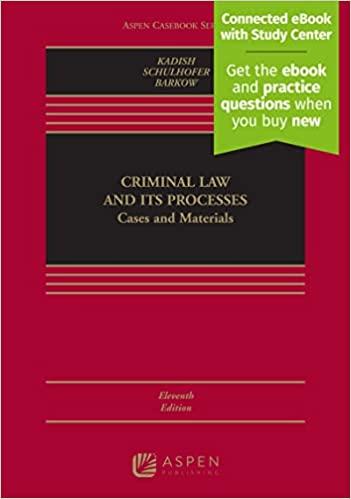Question
Jabil Circuit, Inc., is a publicly traded electronics and technology company. A group of shareholders who owned Jabil stock from 2001 to 2007 sued the
Jabil Circuit, Inc., is a publicly traded electronics and technology company. A group of shareholders who owned Jabil stock from 2001 to 2007 sued the company and its auditors, directors, and officers for insider trading. Stock options were a part of Jabil's compensation for executives. Sometimes, stock options were backdated to a point in time when the stock price was lower, so the options would be worth more to certain company executives. Backdating is not illegal so long as it is reported, but Jabil did not report the fact that backdating had occurred. Thus, expenses were underreported, and net income was overstated by millions of dollars. The shareholders claimed that by rigging the stock price through backdating, the executives had engaged in insider trading and could pick favorable purchase prices and that there was a general practice of selling stock before unfavorable news about the company was reported to the public. The shareholders, however, had no specific information about these stock trades or when (or even if) a particular executive was aware of any accounting errors during the time of any backdating purchases. Were the shareholders' allegations sufficient to assert that insider trading had occurred under Rule 10b-5? Why or why not?
Do you think stock options, in general, are an appropriate compensation method for officers and directors?What incentives would result from such compensation schemes?Are these incentives beneficial to the shareholders or society in the long term?
Step by Step Solution
There are 3 Steps involved in it
Step: 1

Get Instant Access to Expert-Tailored Solutions
See step-by-step solutions with expert insights and AI powered tools for academic success
Step: 2

Step: 3

Ace Your Homework with AI
Get the answers you need in no time with our AI-driven, step-by-step assistance
Get Started


